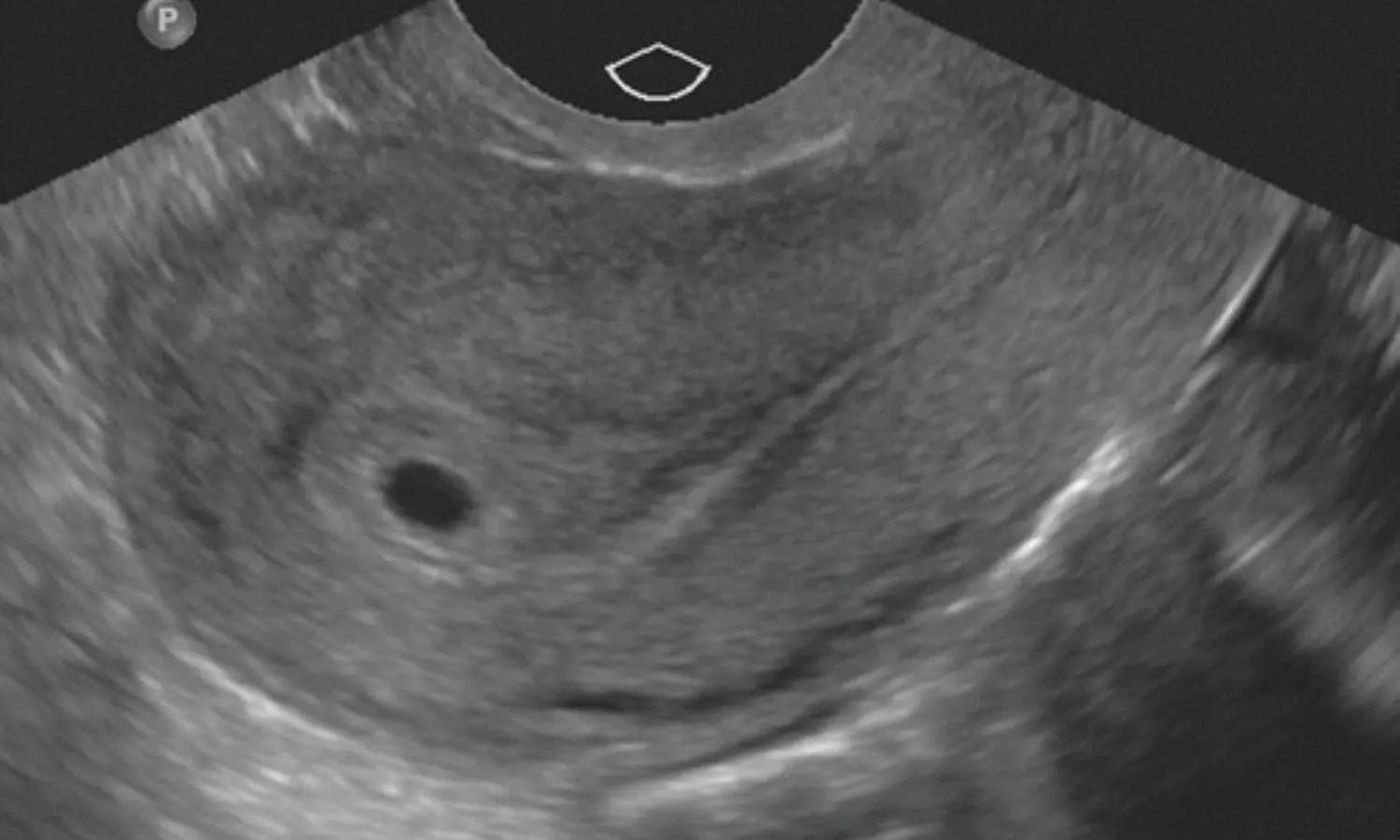- Home
- Medical news & Guidelines
- Anesthesiology
- Cardiology and CTVS
- Critical Care
- Dentistry
- Dermatology
- Diabetes and Endocrinology
- ENT
- Gastroenterology
- Medicine
- Nephrology
- Neurology
- Obstretics-Gynaecology
- Oncology
- Ophthalmology
- Orthopaedics
- Pediatrics-Neonatology
- Psychiatry
- Pulmonology
- Radiology
- Surgery
- Urology
- Laboratory Medicine
- Diet
- Nursing
- Paramedical
- Physiotherapy
- Health news
- Fact Check
- Bone Health Fact Check
- Brain Health Fact Check
- Cancer Related Fact Check
- Child Care Fact Check
- Dental and oral health fact check
- Diabetes and metabolic health fact check
- Diet and Nutrition Fact Check
- Eye and ENT Care Fact Check
- Fitness fact check
- Gut health fact check
- Heart health fact check
- Kidney health fact check
- Medical education fact check
- Men's health fact check
- Respiratory fact check
- Skin and hair care fact check
- Vaccine and Immunization fact check
- Women's health fact check
- AYUSH
- State News
- Andaman and Nicobar Islands
- Andhra Pradesh
- Arunachal Pradesh
- Assam
- Bihar
- Chandigarh
- Chattisgarh
- Dadra and Nagar Haveli
- Daman and Diu
- Delhi
- Goa
- Gujarat
- Haryana
- Himachal Pradesh
- Jammu & Kashmir
- Jharkhand
- Karnataka
- Kerala
- Ladakh
- Lakshadweep
- Madhya Pradesh
- Maharashtra
- Manipur
- Meghalaya
- Mizoram
- Nagaland
- Odisha
- Puducherry
- Punjab
- Rajasthan
- Sikkim
- Tamil Nadu
- Telangana
- Tripura
- Uttar Pradesh
- Uttrakhand
- West Bengal
- Medical Education
- Industry
Primary splenic pregnancy: A diagnostic and Therapeutic Enigma of Ectopic Pregnancy

A recent study found that primary splenic pregnancy, which is a rare form of ectopic pregnancy, poses significant diagnostic and therapeutic challenges. The study results were published in the Journal of Obstetrics and Gynecology Research.
Primary splenic pregnancy is a rare type of ectopic pregnancy which can be life-threatening. Intra-abdominal bleeding is one of the major causes of emergency in primary splenic pregnancy. To date, about 51 cases have been reported globally. Hence, researchers conducted a study to identify the fundamental steps of the diagnosis necessary to reduce the mortality rate simultaneously evaluating the available therapeutic options.
Researchers presented the diagnostic-therapeutic pathway of a 22-year-old woman with primary splenic pregnancy. To identify the best treatment for these patients, researchers reviewed various databases in English and all available non-English literature, including historical publications. The collected literature was classified each article by clinical onset, diagnostic and therapeutic strategy, and histological findings, if available.
Findings:
- About 43 cases in the English-language literature were reviewed (plus another paper in German).
- The study found that 72.7% of patients presented in an emergency setting.
- Seventy-five percent of patients required splenectomy, 6.8% received pharmacological-only therapy, and 11.3% received arterial embolization before definitive treatment.
- The other ones received non-radical surgical treatment.
Primary splenic pregnancy poses significant diagnostic and therapeutic challenges due to its rare presentation. Various treatment approaches that are used, such as pharmacological, interventional, or surgical should be personalized based on the clinical presentation and hemodynamic stability of the patient. The study highlighted the necessity of developing and validating evidence-based treatment strategies to improve clinical outcomes.
Further reading: Primary splenic ectopic pregnancy: A case report and literature review of a rare issue. Doi:https://doi.org/10.1111/jog.16154
BDS, MDS
Dr.Niharika Harsha B (BDS,MDS) completed her BDS from Govt Dental College, Hyderabad and MDS from Dr.NTR University of health sciences(Now Kaloji Rao University). She has 4 years of private dental practice and worked for 2 years as Consultant Oral Radiologist at a Dental Imaging Centre in Hyderabad. She worked as Research Assistant and scientific writer in the development of Oral Anti cancer screening device with her seniors. She has a deep intriguing wish in writing highly engaging, captivating and informative medical content for a wider audience. She can be contacted at editorial@medicaldialogues.in.
Dr Kamal Kant Kohli-MBBS, DTCD- a chest specialist with more than 30 years of practice and a flair for writing clinical articles, Dr Kamal Kant Kohli joined Medical Dialogues as a Chief Editor of Medical News. Besides writing articles, as an editor, he proofreads and verifies all the medical content published on Medical Dialogues including those coming from journals, studies,medical conferences,guidelines etc. Email: drkohli@medicaldialogues.in. Contact no. 011-43720751




